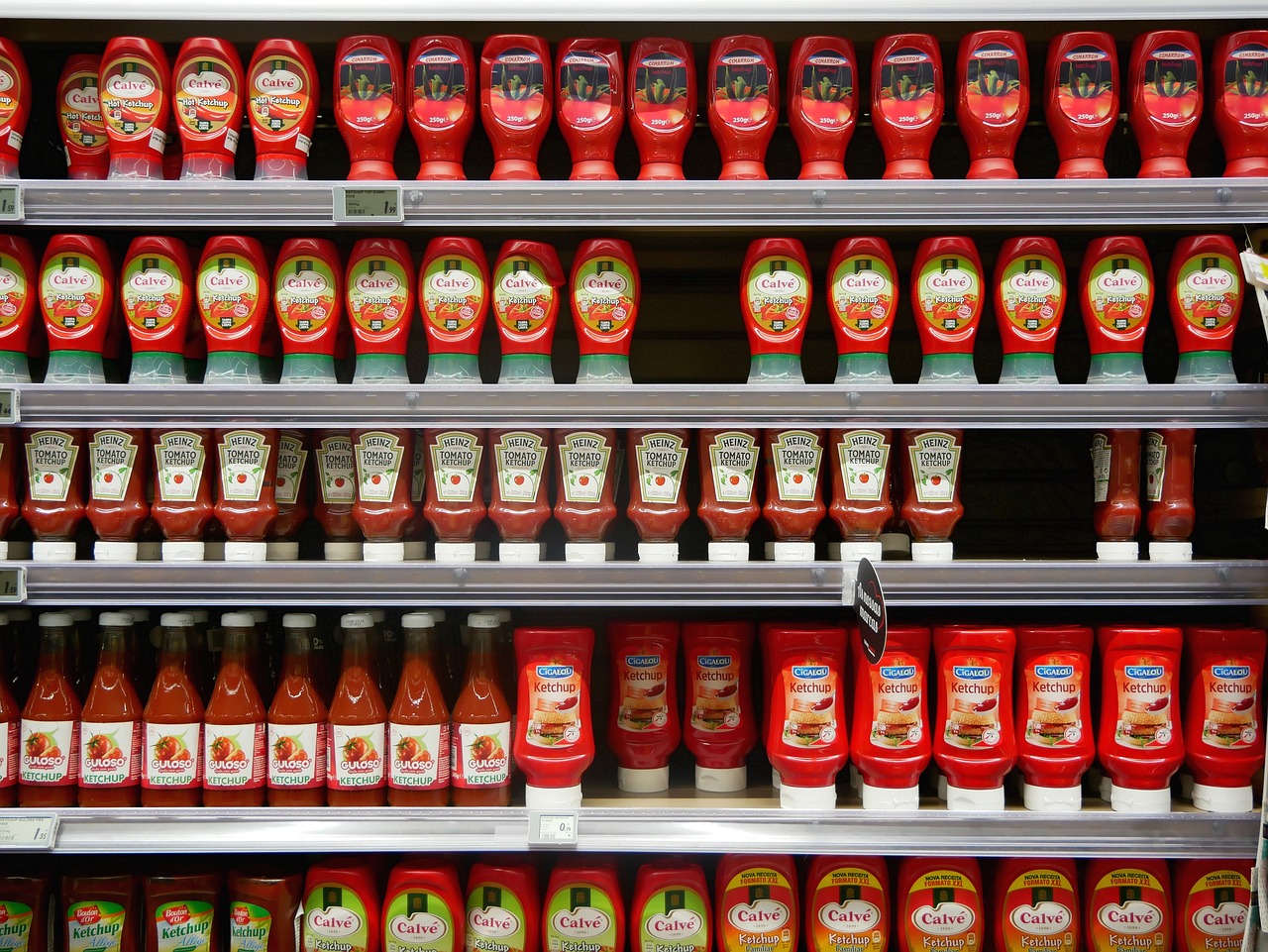Understanding Consumer Decision-Making: Rationality vs. Emotion
Consumer behavior refers to the study of how individuals make decisions regarding the purchase and use of goods and services. It encompasses a wide range of factors that influence consumers’ choices, such as psychological, social, cultural, and economic considerations. Understanding consumer behavior is essential for businesses to develop effective marketing strategies and meet the needs and preferences of their target audience.
Consumers’ behavior is often complex and influenced by various internal and external factors. Psychological factors like perception, attitudes, and motivation play a crucial role in shaping consumers’ preferences and decision-making processes. Additionally, social factors such as family, reference groups, and social class can impact how individuals perceive and choose products or services. Cultural influences, including values, beliefs, and customs, also play a significant role in shaping consumer behavior. By studying these various aspects of consumer behavior, businesses can gain insights into how to effectively market their products and services to different target segments.
The Role of Rationality in Consumer Decision-Making
When consumers make decisions, the assumption is often that they do so through a rational thought process. Rationality in consumer decision-making suggests that individuals make choices based on a systematic evaluation of options, considering factors such as price, quality, and utility. This approach posits that consumers weigh the costs and benefits of each alternative before arriving at a decision.
However, research in behavioral economics has shown that consumer decision-making is not always entirely rational. Emotions, social influences, and cognitive biases can also play significant roles in shaping consumer choices. This means that while rationality may guide some decisions, emotions and external influences can often lead consumers to make choices that deviate from purely rational calculations.
What is consumer behavior?
Consumer behavior refers to the study of how individuals make decisions about the selection, purchase, use, and disposal of goods and services.
What factors influence consumer decision-making?
Consumer decision-making is influenced by various factors such as personal preferences, social influences, cultural norms, and marketing strategies.
How does rationality play a role in consumer decision-making?
Rationality plays a key role in consumer decision-making as individuals weigh the costs and benefits of different options to make informed choices that align with their goals and preferences.
Can emotions also impact consumer decision-making?
Yes, emotions can also play a significant role in consumer decision-making by influencing how individuals perceive and evaluate different options.
How can businesses leverage rationality in consumer decision-making?
Businesses can leverage rationality in consumer decision-making by providing clear information, highlighting the benefits of their products or services, and addressing potential concerns or objections that consumers may have.







